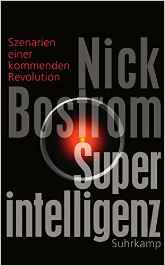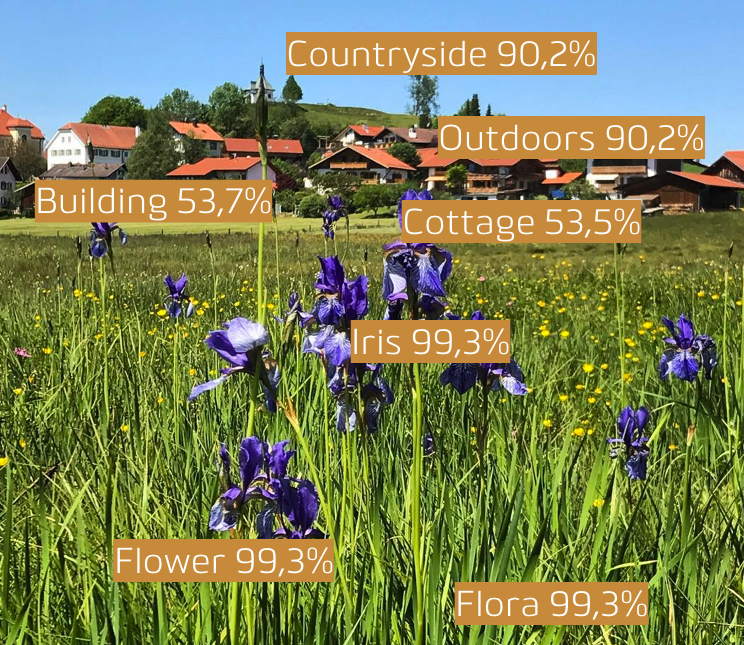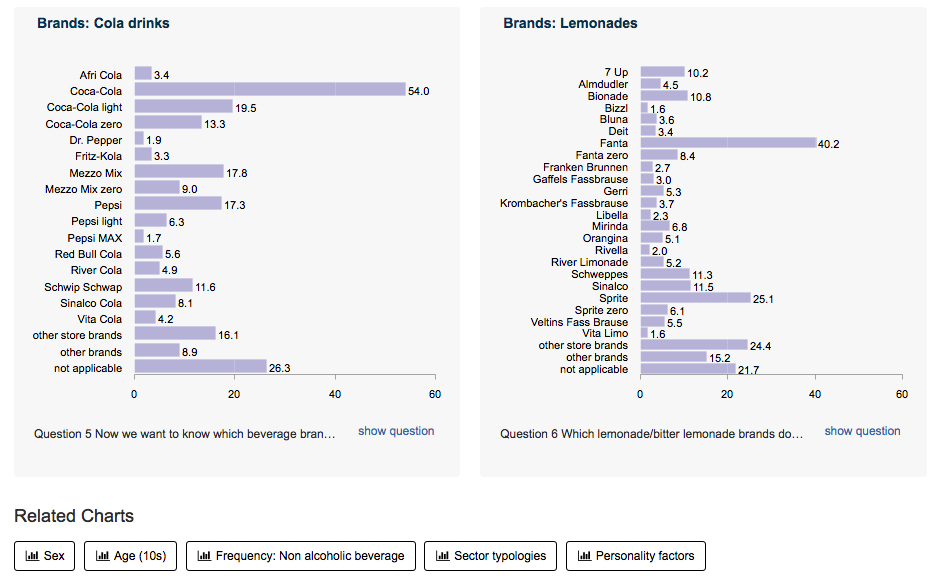Living in the Age of Artificial Intelligence and Machine Learning.
The technology that surrounds us is becoming more and more intelligent. AI and machine learning appear everywhere include in market research, business analytics, data analytics and marketing. The further development of artificial intelligence has led to the fact that we can speak freely with our smartphones, that cars can drive autonomously or that the advantages of humans in disciplines such as chess or Go no longer apply.
Artificial intelligence algorithms, like those behind Alexa, Siri and Co, continuously collect data, evaluate it, develop predictions and models, which are then continuously tested and optimized. Often these processes are not openly visible, but they are based on neural networks – or what these machine learning methods are called today: deep learning.

Why are we just now on the threshold of an intelligence explosion, as Nick Bostrom calls it in his very readable book “Superintelligence”? There are three main developments behind this:
- More and more data is available. Billions of people share their thoughts, activities or interests on social media platforms every day. A large part of the technical devices that surround us, from washing machines to aircraft turbines, are equipped with sensors. And finally, smartphones and other Internet of Things devices continuously provide measured values about temperature, movement, position, volume and many more.
- The computing power that is necessary to cope with large amounts of data (“Big Data”) is no longer a problem these days. While 20 years ago you had to rent entire data centers in order to calculate a model calculation over a few million data points, you can now rent this computing power for little money from cloud providers such as Amazon AWS, Google, Microsoft or IBM and scale it as required.
- Perhaps the most important point: powerful algorithms and program libraries from artificial intelligence such as TensorFlow are no longer company secrets. However, in many cases, they are available free of charge and even license-free as open-source libraries. There are also offers in the cloud that is available via an API so that hardly any statistical knowledge is required.
Artificial intelligence & Machine learning in market research and marketing
What about AI and machine learning in market research & marketing? My prognosis is that applications based on artificial intelligence will establish themselves here in the next five years as well. The following aspects, in particular, should be kept in mind:
-
-
-
-
-
- Intelligent data transformation: Anyone who works a lot with data must have already made the experience that data cleaning or the transformation of data – in the data science community this is called “data munging” – from one format to the next often takes the most time and effort Claims. There is great potential here for intelligent applications that help with ETL processes, as well as for self-learning systems that help with data cleansing, as an example of AI in market research and marketing.

- Intelligent data transformation: Anyone who works a lot with data must have already made the experience that data cleaning or the transformation of data – in the data science community this is called “data munging” – from one format to the next often takes the most time and effort Claims. There is great potential here for intelligent applications that help with ETL processes, as well as for self-learning systems that help with data cleansing, as an example of AI in market research and marketing.
-
-
- Tagging and content analysis: The time when surveys mainly consisted of closed questions is over. More and more often one can find open mentions or even pictures and videos in the data sets. The coding of this data is often done manually and takes a lot of time; this is the specialty of deep learning algorithms. Applications such as Amazon Rekognition enable, for example, the recognition and classification of objects on images and with the help of Tensor Flow, texts can be analyzed automatically – including the coding of emotions.
- Recommendations: Orientation is often not easy, especially with large studies such as market media studies or data from official statistics. Artificial intelligence can help users with recommendation engines to identify exciting data sets or topics that could also be of interest to users based on their usage history. We already have such a recommendation algorithm in use in DataLion. Similar to shopping websites, you get recommendations like “Anyone interested in online use is also interested in owning smartphone brands.

- Pattern recognition and auto-discovery: Pattern recognition algorithms go one step further; for example, they identify comparable relationships across different data sets and thus create the basis for automated data fusions or modeling, for example.
- Report generators and data storytelling: If we take a self-critical look at the industry, we will probably find that very few reports and study results deserve a Nobel Prize for literature. “Brand A primarily appeals to young mothers, while brand B has its greatest potential with Generation X”. Report generators automatically learn from a large number of reports and then transfer the typical formulations to new data sets. In this way – at least the first drafts – of research reports write themselves as if by themselves. In connection with auto-discovery, systems will be available in the future, which you just have to tell which topics you are interested in and the right ones will be found in Self-created and written research reports.

- Bots, assistants and natural language interfaces: Last but not least, the interfaces with which we access data are also changing. Spreadsheets and statistics software is actually out of date in the times of Siri, Alexa and Co. In the future, we’ll talk naturally to analytics bots. “Hey, DataLion! Which notebook brands are the most popular among the target group of 30 to 50-year-old tech lovers? Which trends can be identified? ”- and the artificial market research intelligence sets off, looks for the appropriate data sets and variables, analyzes the relationships and delivers the results.
To discuss more the AI application & machine learning in Market research & Marketing as well as Data Management. Schedule a meeting with DataLion team:
-
-
-
